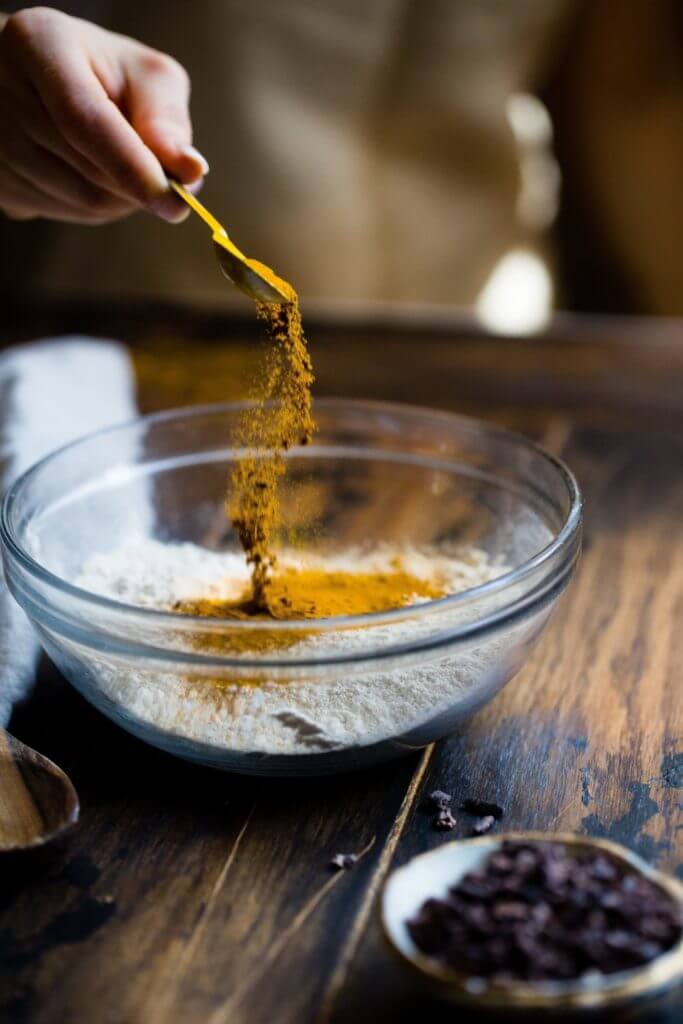Introduction
As cancer survivors, we know that navigating the complexities of food, health, and wellness can feel overwhelming. The recent FDA ban on Red Dye No. 3 may seem like an important issue, but it’s essential to keep things in perspective. As an oncology dietitian with over 15 years of experience, I’ve worked with countless cancer patients and survivors, helping them make informed decisions about their health. The reality is, when it comes to reducing cancer risk, it’s lifestyle choices that matter most—not synthetic food colorings.
In this post, we will explore the real cancer risk factors you should focus on, such as alcohol consumption and processed meats, and why these two factors should be at the forefront of cancer prevention strategies. Let’s take a deeper dive into the facts, dispel myths surrounding food additives, and get to the heart of what truly impacts your health.
Red Dye No. 3: The Reality of the Ban
First, let’s briefly revisit Red Dye No. 3. The FDA recently revoked its authorization based on animal studies showing a potential link to cancer—specifically in male rats exposed to extraordinarily high doses of the dye. However, the mechanism causing cancer in these rats does not even apply to humans, and the levels of exposure required to see any effect are far beyond anything a human could realistically consume.
Let’s be clear: Red Dye No. 3 is not a cancer risk for humans. Scientific agencies around the world, including the FDA and World Health Organization (WHO), have concluded that synthetic food dyes, including Red Dye No. 3, pose minimal risk when consumed at the typical levels found in food.
Your overall diet matters more. Instead of worrying about one tiny ingredient, it’s better to focus on eating healthy foods like fruits, veggies, and whole grains.
Behaviors that truly increase cancer risk are things like alcohol use, regular intake of processed meats, and poor lifestyle choices. These are the real culprits—and we must focus on addressing them rather than getting distracted by myths and unfounded fears about food additives.
The Two Major Risk Factors for Cancer: Alcohol and Processed Meats
As cancer survivors, it’s critical to understand that lifestyle factors are key in reducing the risk of recurrence. Among these, alcohol and processed meats are the two food-related factors that have been scientifically linked to increased cancer risk. Here’s what the research says:
Alcohol:
The link between alcohol consumption and cancer is well-documented. Drinking alcohol, even in moderate amounts, is associated with a higher risk of several types of cancer, including breast, liver, esophageal, and colon cancer.
Alcohol is metabolized into acetaldehyde, a known carcinogen that can damage DNA and lead to cancer. Even low-to-moderate alcohol consumption (one drink a day for women, two for men) can increase the risk of breast cancer by 5-10%.
Heavy drinking significantly raises the risk of cancers in the liver, mouth, throat, and other digestive organs. This makes alcohol one of the most preventable risk factors for cancer.
Key tip: Eliminate or minimize alcohol consumption. If you choose to drink, limit it to one drink per day for women and two drinks per day for men. But the best choice for reducing cancer risk is to stop drinking altogether.
Processed Meats:
Processed meats, such as bacon, sausage, hot dogs, deli meats, and salami, are strongly linked to an increased risk of colon cancer. The World Health Organization (WHO) has classified processed meats as a Group 1 carcinogen, meaning there is strong evidence that they cause cancer.
The risk stems from nitrites and nitrates used as preservatives, which the human body converts into cancer-causing compounds called nitrosamines. Eating processed meats regularly increases the risk of colorectal cancer by 18% for every 50 grams consumed daily (about the size of a single hot dog).
Cancer experts regard red meat, including beef and pork, as a probable carcinogen (Group 2A). It has been linked to colon and rectal cancers. Processed meats are a more significant risk factor due to the added preservatives and chemicals used in their processing.
Key tip: Avoid or significantly limit processed meats. If you enjoy meat, consider opting for fresh, unprocessed meat or plant-based alternatives. If you must consume processed meats, limit them to an occasional treat rather than a daily part of your diet.
What You Can Do to Lower Your Cancer Risk: Key Lifestyle Changes
Instead of worrying about Red Dye No. 3 and other additives, it’s essential to focus on the lifestyle changes that truly matter in reducing cancer risk. Here are some key steps to take:
1. Eat a Plant-Based Diet:
Focus on a plant-based diet, which includes plenty of fruits, vegetables, whole grains, legumes, and nuts. These foods are rich in antioxidants, fiber, and phytonutrients, which support overall health and protect against cancer.
2. Increase Fiber Intake
A diet high in fiber is one of the best ways to reduce your risk of colon cancer. Aim for at least 25-30 grams of fiber per day. Great sources include vegetables, fruits, legumes, whole grains, nuts, and seeds.
3. Exercise Regularly
Physical activity is a crucial part of cancer prevention. Exercise can lower your risk of various cancers, improve your immune function, and help you maintain a healthy weight. Aim for at least 150 minutes of moderate activity per week, or 75 minutes of vigorous activity.
4. Maintain a Healthy Weight
Having excess levels of body fat increases the risk of several types of cancer, including breast, endometrial, and colon cancer. Maintaining a healthy weight through a balanced diet and regular exercise is one of the most effective ways to lower your risk.
5. Quit Smoking
If you smoke, the best thing you can do for your health is to quit. Smoking is linked to many types of cancers. These include lung, throat, mouth, and bladder cancers.
6. Limit Red Meat and Omit Processed Meats
As we’ve discussed, processed meats are a significant cancer risk factor, particularly for colon cancer. Limit your consumption of processed meats and red meat to no more than 18 oz a week, and prioritize plant-based proteins like beans, lentils, tofu, and tempeh.
7. Omit Alcohol
Taking out alcohol will reduce your risk of developing 7 alcohol-related cancers.
Conclusion: Focus on What Truly Matters
While it’s important to stay informed about food additives and potential health risks, the reality is that Red Dye No. 3 is not a significant cancer threat to humans. The real food-related risks come from alcohol and processed meats. These both have evidence demonstrating an increased cancer risk.
By focusing on lifestyle changes such as a plant-based diet, regular exercise, and minimizing alcohol and processed meats, you can dramatically reduce your cancer risk. Remember, small daily choices have a significant impact on your long-term health.
As a cancer dietitian, my goal is to help you focus on the facts and make empowered choices. When it comes to cancer prevention, diet and lifestyle matter more than any food dye—so make sure you’re prioritizing what really counts for your health and reducing cancer risk.
Read Part 1 about Red Dye No. 3 and Cancer Risk HERE
Read Part 2 about Red Dye No. 3 and Cancer Risk HERE
Citations:
- World Health Organization (WHO). (2015). IARC Monographs on the Evaluation of Carcinogenic Risks to Humans: Processed Meat. Retrieved from WHO.int
- National Cancer Institute (NCI). (2023). Alcohol and Cancer Risk. Retrieved from Cancer.gov
- American Cancer Society. (2024). Cancer Prevention and Early Detection. Retrieved from Cancer.org
This blog is not intended as medical nutrition therapy, medical advice, or diagnosis and should in no way replace consultation or recommendation from your medical professional.




